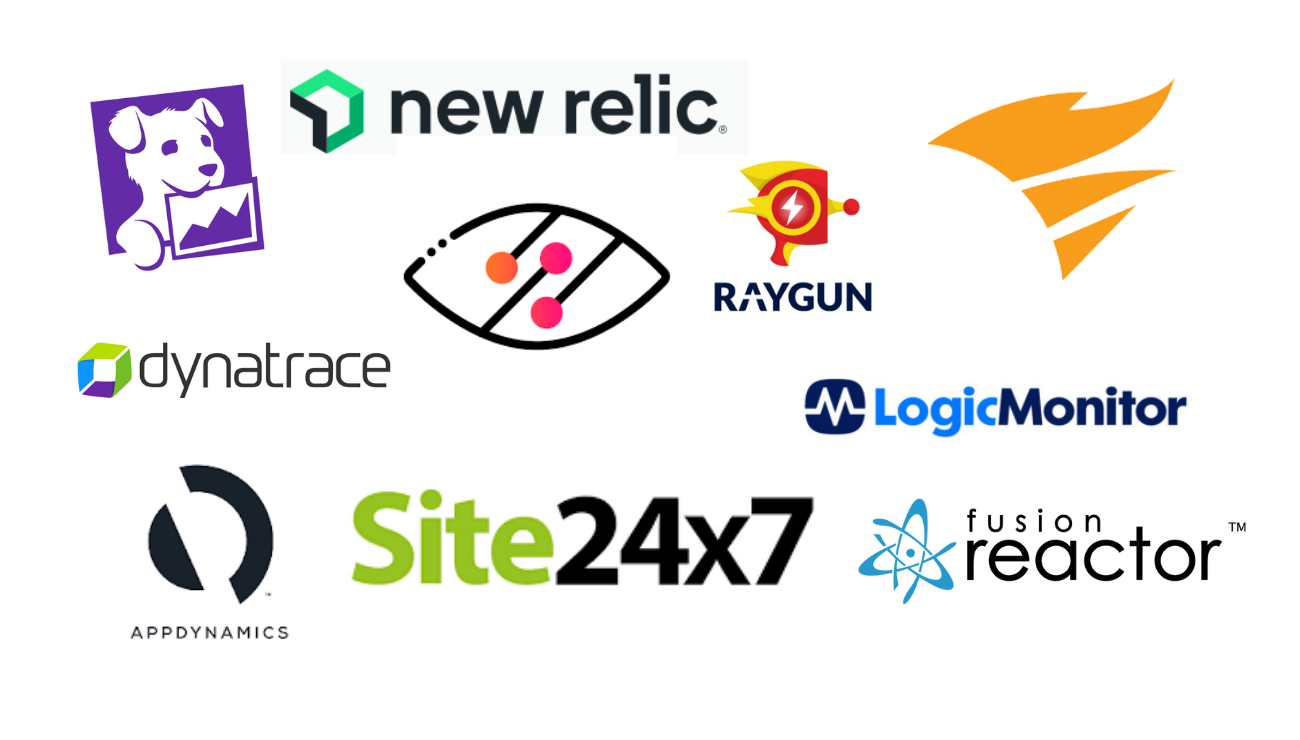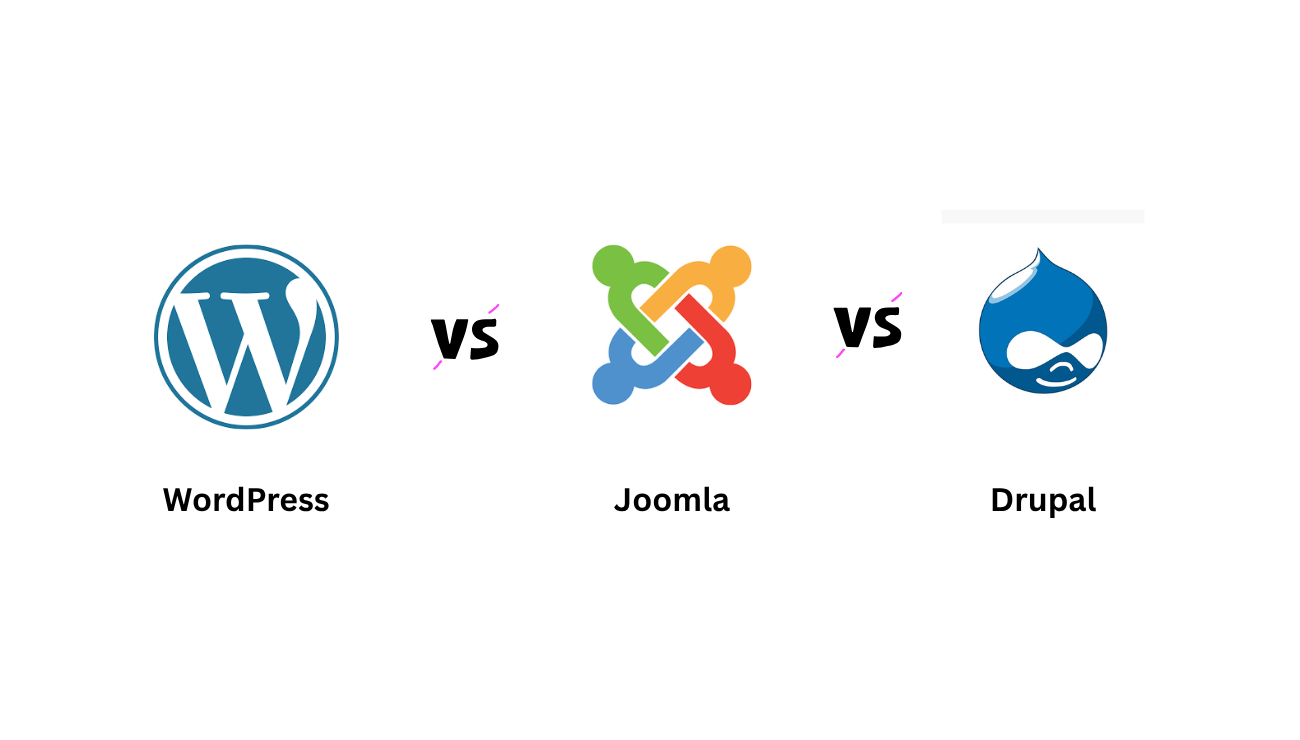When it comes to system-level programming and high-performance applications, both Golang and C++ are top contenders. However, choosing between the two can be challenging. Whether you're developing a scalable backend service or a resource-intensive application like a game engine, understanding the strengths and weaknesses of each language is critical.
In this blog, we’ll break down key differences and use cases for Golang and C++ to help you determine which one is the better fit for your next project.
⚙️ 1. Performance
C++: Known for its speed and low-level memory management, C++ is the go-to language for performance-critical applications like games, operating systems, and embedded systems.
Golang: While not as fast as C++, Go offers competitive performance and is often “fast enough” for web servers, microservices, and backend APIs. Its built-in garbage collector trades off some performance for ease of development.
✅ Verdict: For raw speed and memory control, C++ wins. For balanced performance with simpler memory management, Go is ideal.
🧠 2. Ease of Use & Learning Curve
C++: It has a steep learning curve due to its complex syntax, manual memory management, and features like pointers, templates, and multi-paradigm support.
Golang: Designed for simplicity, Go has a clean syntax and built-in concurrency model with goroutines, making it easier to learn and more productive for developers.
✅ Verdict: Golang is significantly easier to learn and use, especially for beginners and teams that value development speed.
🔄 3. Concurrency Support
C++: Supports multithreading but requires careful handling with mutexes, condition variables, and low-level APIs.
Golang: Concurrency is a first-class citizen with goroutines and channels, making it much simpler to write concurrent programs.
✅ Verdict: Golang is the clear winner when it comes to ease of implementing concurrent applications.
🧰 4. Tooling & Ecosystem
C++: Has a vast ecosystem with mature tools and libraries. However, dependency management and build tools can be complex and fragmented.
Golang: Offers built-in tools for formatting, testing, and dependency management. The Go toolchain is simple and standardized.
✅ Verdict: Go has superior built-in tooling, making development and CI/CD integration easier.
🌐 5. Use Cases
| Use Case | Preferred Language |
|---|---|
| Game Development | C++ |
| Embedded Systems | C++ |
| High-Frequency Trading | C++ |
| Web Servers / APIs | Golang |
| Microservices Architecture | Golang |
| Cloud-Native Apps | Golang |
👥 6. Community & Job Market
C++: Has a large, mature community and long-standing presence in academia and industry. Plenty of legacy code still exists in C++.
Golang: Rapidly growing in popularity, especially in cloud computing, DevOps, and startups. Supported by Google and used by major companies like Uber, Dropbox, and Kubernetes.
✅ Verdict: C++ has broader industry penetration, but Golang is growing fast in modern infrastructure.
📝 Final Thoughts
Choose Golang if:
-
You want to build modern cloud-native applications.
-
You value simplicity, rapid development, and built-in concurrency.
-
Your application doesn't need the absolute maximum performance.
Choose C++ if:
-
You are building resource-intensive applications or need fine control over system resources.
-
You work in industries like gaming, finance, or embedded systems.
-
You’re maintaining or building on legacy systems.
👉 Bottom Line: Use Golang for speed and productivity in modern applications. Choose C++ when every CPU cycle counts.




